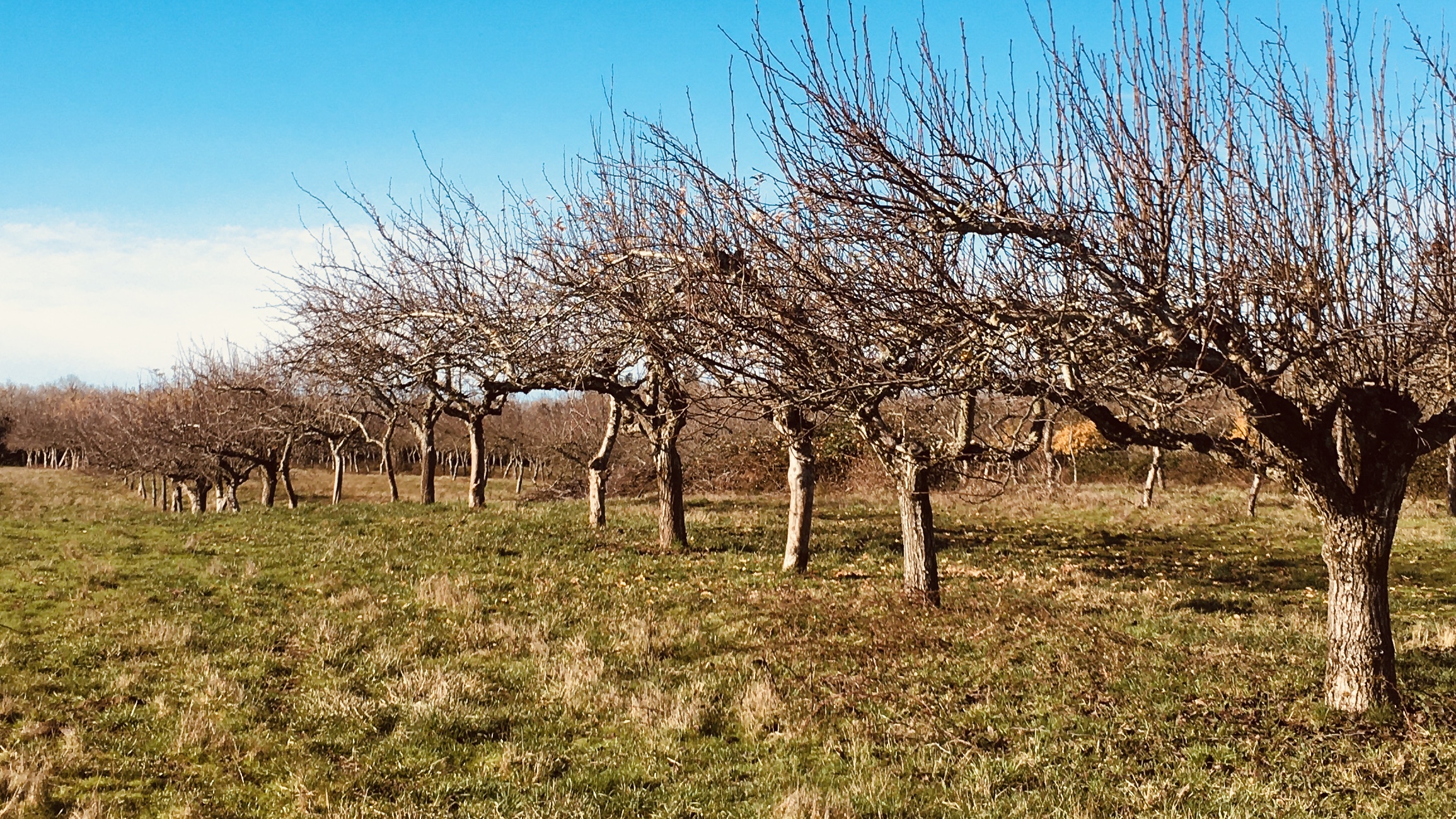Garden Space Opportunities
Are you seeking space for a garden classroom or community growing demonstrations? Parker Learning Gardens offers educational garden space for organizations in the community.
If your school or organization is interested please contact us:
~ Garden Partnership Agreement ~
Background
Parker Learning Gardens (PLG) operates on a 33 acre farm that has been stewarded organically since 1983. The farm is under a perpetual Conservation Easement through Northwest Land Conservation Trust for the protection and promotion of the following: 1) agricultural soils, 2) agricultural viability, 3) agricultural education, 4) local production of products from farm resources, 5) gardens and farmlands that enhance soil microbiology, and 6) education for the public on the importance of the microbial world, biodiversity, wildlife, and sustainability.
Available For Lease
¼ acre (40 ft x 270 ft) and ⅛ acre (40 ft x 135 ft) garden plots of productive Class 1 prime agricultural ground. PLG will cultivate the plot for planting in the early spring and provide appropriate overhead irrigation throughout the growing season. Spring cultivation depends on the weather. In a dry year it might be finished by late April. In a wet year it could be as late as mid-May.
Annual Plot Lease Fee
$800 for ¼ acre plot / $500 for ⅛ acre plot – This fee helps us prepare the garden with tractor cultivation in the Spring, and it covers our labor and expense to irrigate your garden throughout the season. All you need to do is plant, maintain and harvest!
~ Plot Usage Guidelines ~
PLG is committed to teaching, promoting, and practicing environmental stewardship. To this end, partnership projects with PLG must use organic practices as accepted by major organic certification agencies.
“Weeds” in the Garden
Weeds can be good. Weeds can protect, fertilize and condition the soil, and the may attract beneficial insects. (Good weeds include broadleaf plantain, chickweed, lamb’s quarters, white clover and dandelion.) Consider a diverse and balanced approach to your weed perspective. Options: Wood chips are available at the farm. Straw mulch and other natural mulches are also magical. Prohibited: Herbicides of any kind – as they are hazardous to human health, may kill or damage desirable crops, drift into neighboring gardens, or remain in the soil long after initial use.
Insects and “Creepy” Crawlies
There are many benefits to insects in the garden. Insect issues tend to arise in monoculture planting. Consider planting a diverse variety of plants; interspersing vegetables, herbs, and flowers. Bugs don’t want to travel far to find food, and if they are near undesirable plants, they will likely move on. Think of the garden as a ecosystem, and it will naturally reach a successful, productive balance. Options: Companion planting, fabric row covers, biological controls (like Bacillus thuringiensis – a bacterium that controls cabbage worms), and introducing natural predator species (like ladybugs and lacewings). Prohibited: Synthetic pesticides of any kind.
Plant Diseases
Healthy plants do not get diseases as easily as weak ones. Options: Choose disease-resistant plant varieties and remove diseased plants from the garden.
Fertilizers & Soil Amendments
Soil health is important not only for your plants this season, but for future gardeners as well; therefore, PLG encourages adding organic material (i.e. compost, leaf mold, manure) to maintain ongoing soil fertility. Options: Products of plant or animal origin – compost, leaf mold, livestock manure, blood and bone meal, cover crops, fish emulsion, kelp meal, liquid seaweed; commercial organic fertilizer blends; natural mineral fertilizers – greensand, granite dust, ground limestone. Prohibited: Inorganic fertilizers (e.g. 5-1-5, Miracle Grow).
Composting
PLG encourages composting organic material from plots, and this can be done at our onsite composting area. Recommended: Accumulate compost material in piles and connect with a PLG coordinator to incorporate it into the onsite composting system (“Microbe Island”).
Tools & Equipment
PLG will supply an assortment of gardening tools marked with an orange handle and “PLG” in our onsite tool shed located near the garden plots. Recommended: Use tools with care, return tools when not in use, let us know if something breaks.
Water
Water costs are included in plot fees. Recommended: Mulching more drought sensitive plants to conserve water by holding in moisture. Note: Precise watering with a hand-held attachment will be limited. A PLG Coordinator will work closely with your garden’s leader to appropriately manage overhead irrigation.
Closing Your Garden Plot
Gardeners should clean up plots at the end of each season. The closing date is the second Saturday of November (Nov. 12th) – this date is flexible depending on the weather. Required by Closing Day: Annual plots need to be ready for fall cultivation and late season cover cropping – free of all non-organic material (e.g. fencing, stakes, lost boots…). Note: Alternative closing options might exist for multi-year agreements.
~~~
PLG is a new and growing venue for a variety of educational projects. In the occurrence of overlapping events, PLG Coordinators will do their best to keep resources and space functioning appropriately. Keep in mind, we will inevitably have some “growing pains” as our programs get established, but we plan to address them each with the utmost care and attention. Come on out and “grow” with us!
Connect with us for more info:

